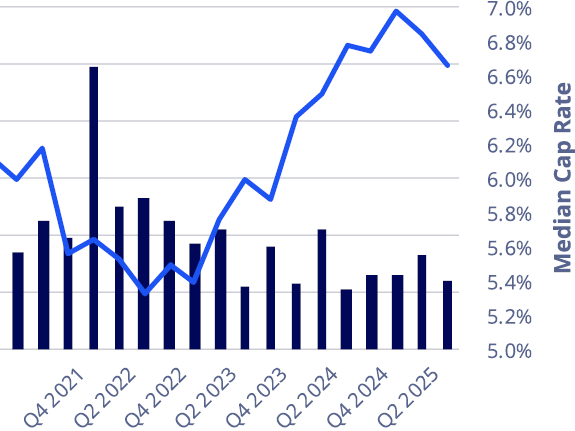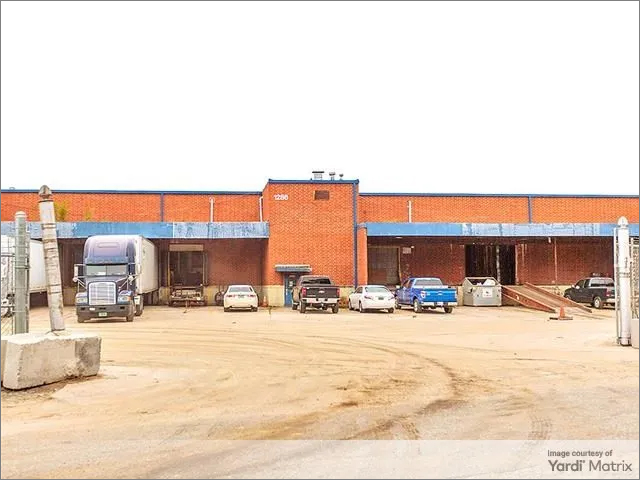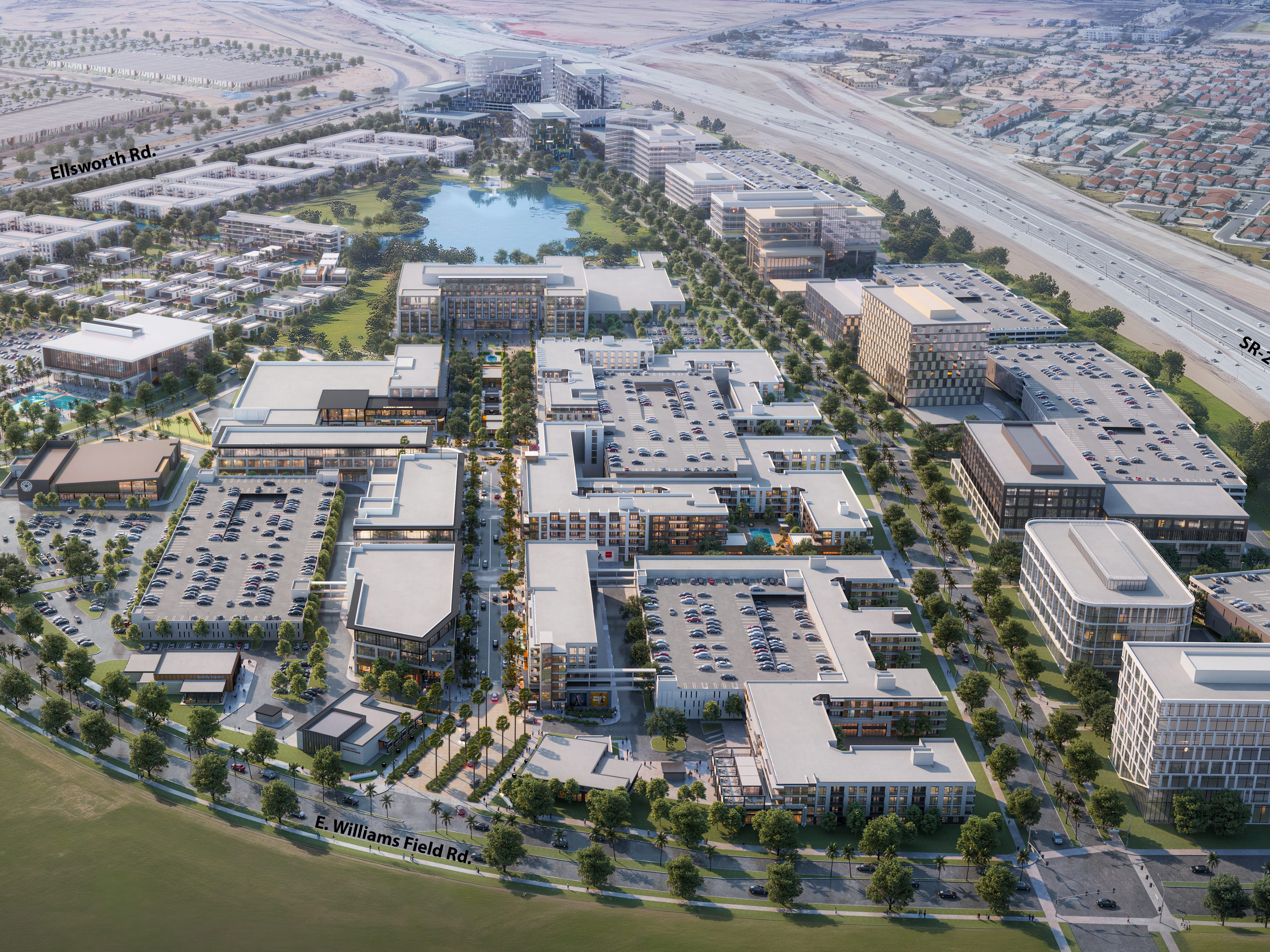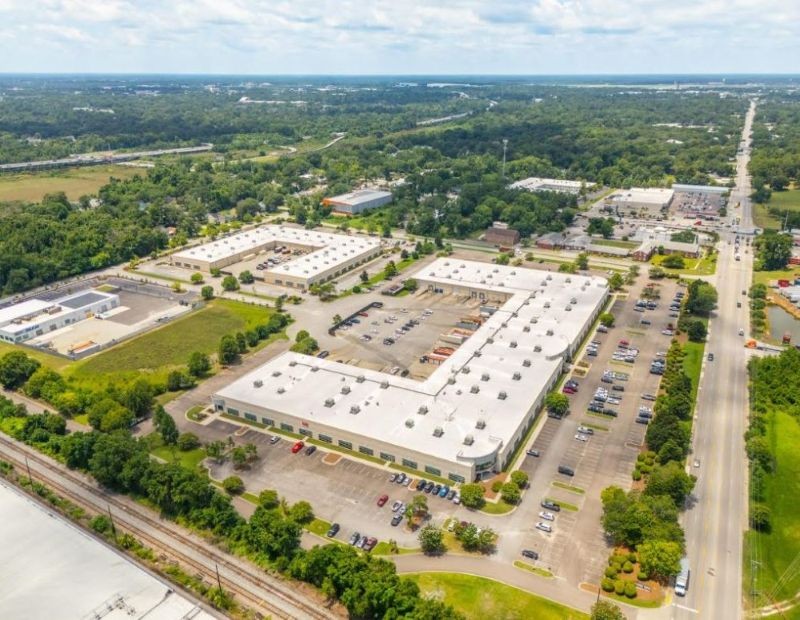WeWork Reemerges Into a New Coworking Landscape
The flexible office space provider is operating under new leadership after a successful rightsizing strategy.

Since its founding in 2010, WeWork has experienced many well-publicized ups and downs. Now, it’s making a fresh start.
Having completed its emergence from bankruptcy late last month, the company has new leadership and an updated portfolio. The revamped WeWork is operating in a significantly changed coworking landscape.
The current coworking climate
Flexible space providers are growing. According to a recent CommercialEdge report, in the past year flexible space has risen to 124.8 million square feet, up from 113.5 million square feet. But almost all of that growth follows a trend toward the suburbs.
Coworking space in those markets increased by almost 9 million square feet during the past year, compared to some 400,000 square feet in urban areas. And if you take out Manhattan, host of the largest urban flexible space market, suburbs account for 52 percent of the nation’s portfolio.
SEE ALSO: How Suburban America Is Changing
Whether the coworking flight to suburban areas will remain a trend is up for debate and depends largely on migratory patterns and hybrid work trends. What is clear, however, is the persistent need for flexible office spaces.
“The flexible office space market continues to shift as it becomes a more mainstream offering for individuals and businesses alike to engage with,” Julie Whelan, global head of occupier thought leadership at CBRE, told Commercial Property Executive. “Landlords are realizing that a portion of the market is drawn to flexibility and are broadening their offerings to stay competitive in a market where traditional leasing demand is down.”
She added that traditional third-party flex office space demand is also strong, as tenants and smaller businesses search for solutions that cater to their specific requirements but differ from traditional office space.
And more companies plan to increase this flex space, too. Early results from a CBRE Occupier Sentiment Survey show that 58 percent of occupiers anticipate having more than 10 percent of their portfolio in flex office space over the next three years. That’s compared to 42 percent today that have that same level of allocation.
“This suggests that demand will remain strong as occupiers look for more flexible and creative ways to provide space to employees,” Whelan said.
WeWork’s path: past, present, future
To this evolving market, WeWork brings a new strategy. Following its Chapter 11 filing last November, the company has pursued a strict restructuring plan. That rightsizing initiative was steered by former CEO David Tolley.
The company ultimately exited 170 locations that no longer fit its business needs as well as renegotiated more than 190 leases. The move reduced total future rent expenses by more than 50 percent, totaling more than $12 billion.
Further, the coworking giant secured $400 million of new equity capital and equitized $4 billion of prepetition indebtedness, all of which has led to an improvement of more than 20 percent in WeWork’s net promoter score.
Now, the WeWork portfolio stands at approximately 600 locations across 37 countries. And the company has a new leader, too, as Tolley has stepped down. WeWork has named John Santora, previously the Cushman & Wakefield Tri-State chairman, as the new CEO.
Santora brings more than 40 years of commercial real estate experience to the helm. He is joining a new board of directors that includes Anant Yardi, president of Yardi Systems, which now owns a majority stake in WeWork, and controls four seats on the board. Softbank and King Street are also part of the new ownership team.
WeWork is set up to move forward with strength. It continues to operate as one of the largest flexible space office providers and utilizes its tech platform to offer a space for modern companies.
Note: Yardi Systems is the parent company of Commercial Property Executive.







You must be logged in to post a comment.